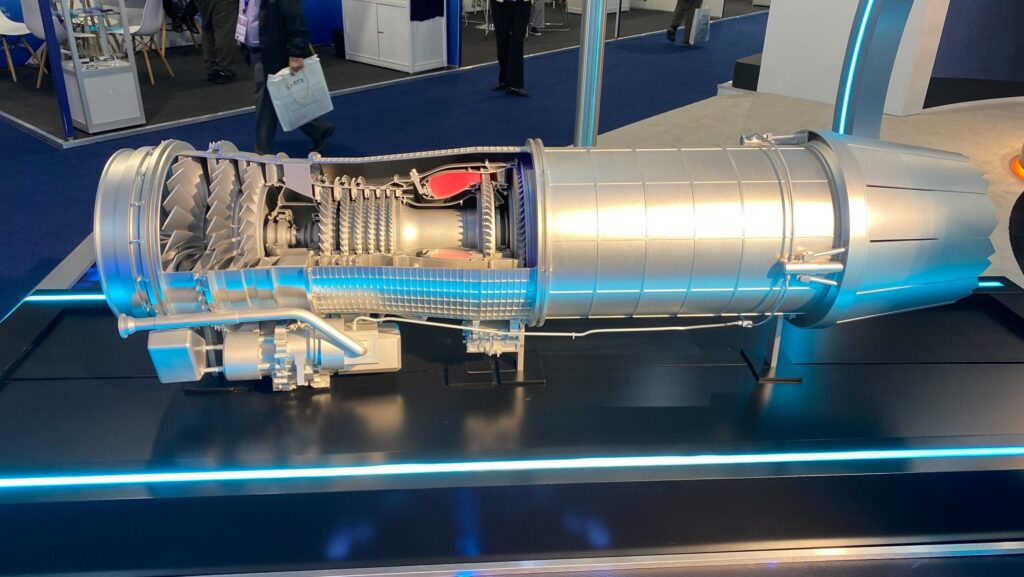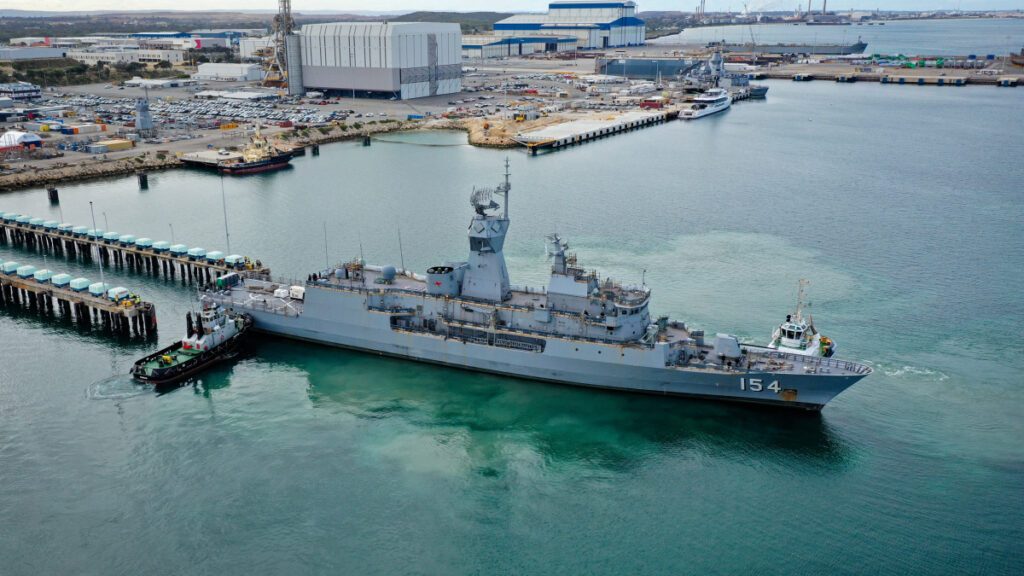US Navy Secretary Carlos Del Toro walks with officials from HD Hyundai Heavy Industries. (Photo courtesy of US Navy.)
WASHINGTON — Navy Secretary Carlos Del Toro today said he’d be open to having foreign shipyards assemble certain US Navy warship modules overseas to increase domestic production rates.
“We do this in the aircraft industry … where in India for example, we’re building aircraft engines now and … re-instituting them here in the United States,” he said during an event at the Stimson Center. “So, there are opportunities that I think we can pursue and we need to keep open minded about those opportunities.”
Del Toro’s comments are the latest in a series he’s made in recent months since visiting foreign shipbuilders in South Korea and Japan, who he’s lauded for their precision in delivering ships on time — down to predicting individual days a vessel will be ready. The secretary has also been open in inviting those shipbuilders to invest in American shipyards.
Notably, at least one firm, South Korean shipbuilding giant Hanwha, made a play earlier this month for Australian shipbuilder Austal, which would have included control over the Aussie company’s Alabama-based subsidiary Austal USA. The unsolicited takeover bid was ultimately rejected by the Australians over anticipated regulatory concerns in Washington and elsewhere.
The remarks also come in the wake of the Navy releasing Del Toro’s 45-day shipbuilding review which confirmed years-worth of delays on the service’s major acquisition programs. Navy officials in recent weeks have been questioned by virtually everyone — lawmakers, think tankers, attendees at public events and the media — about how it’ll overcome those delays, but have released minimal information in terms of specific remedies.
For his part, Del Toro has repeatedly mentioned efforts to station Navy engineers up in Wisconsin to work side-by-side with Fincantieri Marinette Marine, prime contractor for the Constellation-class frigate, which was found to be at risk of a three-year delay.
Del Toro did not elaborate today on whether co-production was a subject of discussion when he visited Asia, but the idea would almost certainly be met with resistance from American industry.
“There is more than enough capacity to accomplish all the fleet’s maintenance needs, and yet the Navy is looking abroad for ship maintenance, as well as the capability to build combatant and logistics ships, plus vessels for the Coast Guard and the Army,” Matthew Paxton, president of the Shipbuilders Council of America, wrote in a Defense News op-ed. “These efforts are driving layoffs to the very domestic workforce Navy leadership says it wants to preserve.”
“This shortsighted approach creates market uncertainty and instability, complicating additional investments in the industrial base, and undermines the substantial capital investments the U.S. shipbuilding industry has made in its workforce and facilities,” he continued.


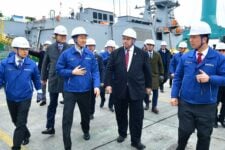
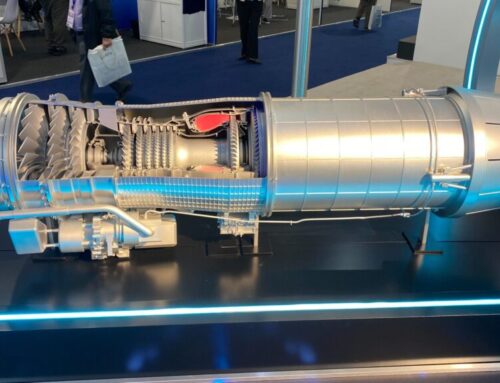

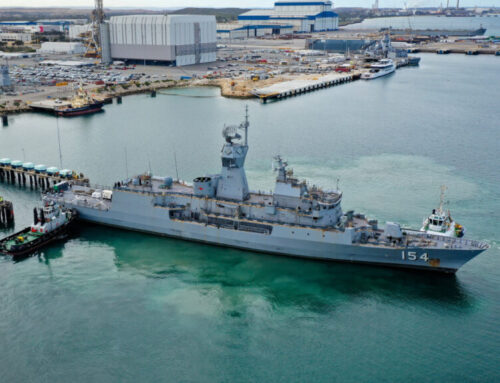
![The sights from the 2024 Farnborough Airshow [PHOTOS]](https://centurionpartnersgroup.com/wp-content/uploads/2024/07/IMG_8722-scaled-e1721930652747-1024x577-hZjwVb-500x383.jpeg)
